The state of Rio Grande do Sul in southern Brazil has had a terrible flood problem since the end of April 2024. Heavy rains caused rivers to overflow, drowning many areas and causing chaos across the region.
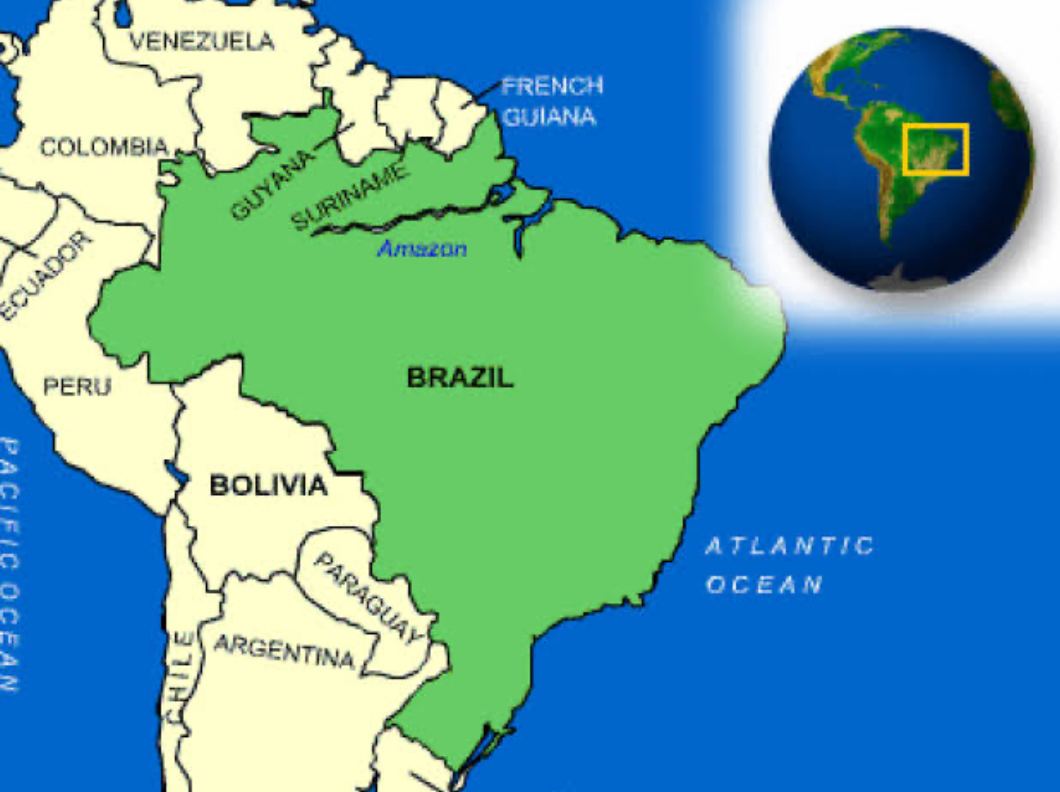
How bad is the damage?
- People killed and forced to move: As of May 9, 2024, more than 100 people had died because of the floods. As long as search and rescue operations continue, the real number could rise. They had to force over 163,000 people to leave their homes and find safety in evacuation centres or with family and friends.
- The infrastructure is damaged: The state's infrastructure has suffered significant damage. The washed-away roads and bridges have cut off many towns. The flooding at Porto Alegre's main airport has stopped all flights. In a lot of the country, power is out.
- The water crisis: Because of the damage to water treatment plants caused by the storms, about 80% of the people in Porto Alegre do not have access to clean drinking water. The government is expeditiously transporting water by truck and restricting its distribution.
What caused the floods?
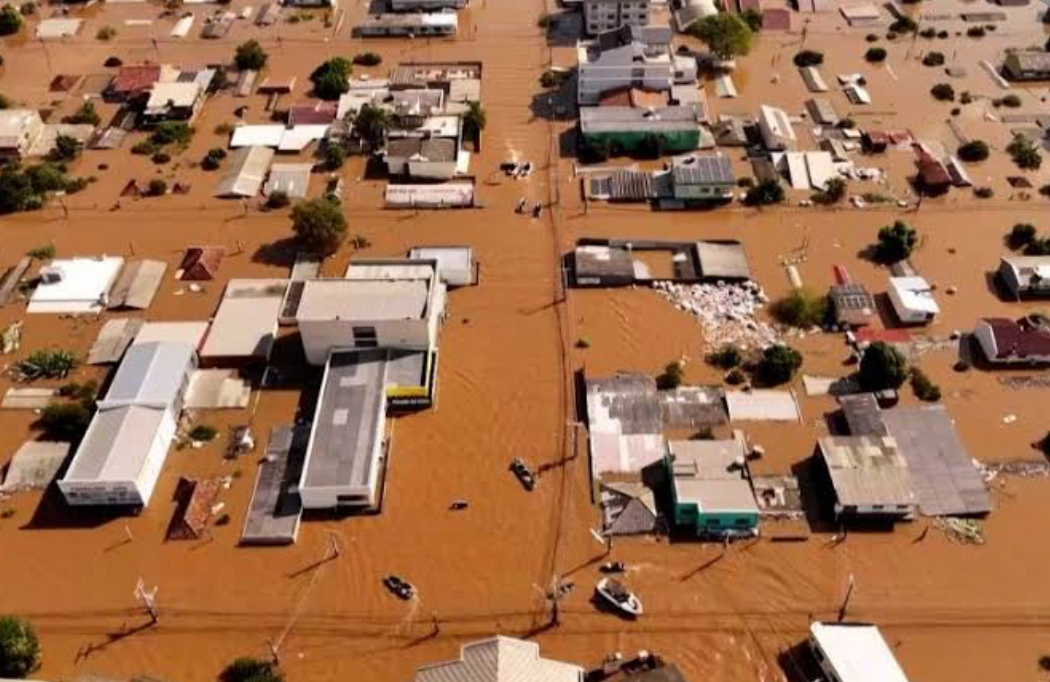
Days of non-stop heavy rain, which began in April, were the main cause of the flooding. A number of factors likely contributed to the event's severity:
- Changes in climate: Scientists believe that climate change may be causing violent weather events like these floods to happen more often and with more force.
- Loss of trees: Losing trees in the area can make flooding worse because the land is less able to soak up rainwater.
- Growth in cities: The growth of cities with surfaces that don't let water through as easily can speed up runoff and overwhelm drainage systems.
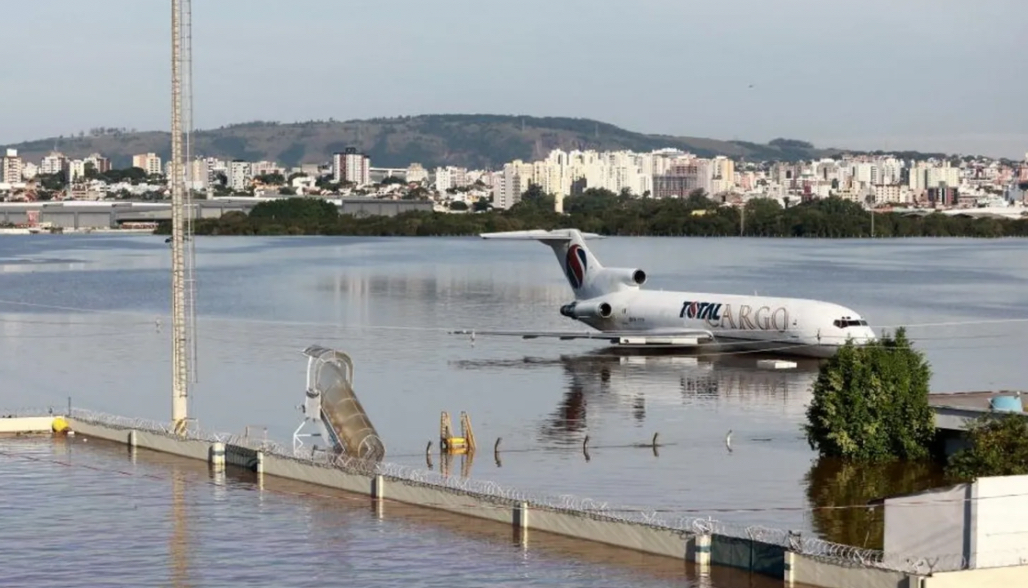
Heroic attempts to save lives
Even though the conditions are dangerous, rescue attempts are still going on. To get people out of flooded areas, the Brazilian army and other emergency workers are using boats and other vehicles that can travel on land and water. The civilian community's volunteers have played a crucial role in facilitating escapes and aiding those compelled to abandon their homes.
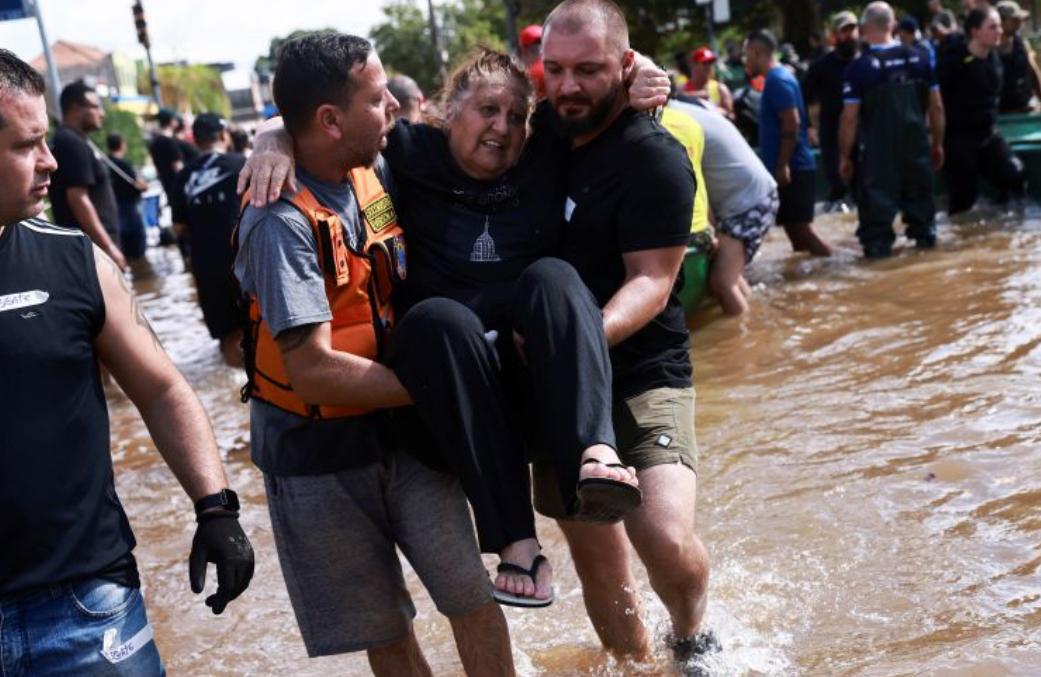
Challenges and Risks
Things are still not looking good. We anticipate more rain, which raises concerns about more floods and landslides. Because looting has become a problem, security troops have been sent to help rescue teams. A big problem is that there aren't enough of the things that people need, like food, clean water, and medicine.
The Road to Recovery
The long road to recovery has only just begun. Rebuilding damaged infrastructure, restoring essential services, and providing financial assistance to those affected will be a monumental task. Additionally, addressing the underlying causes of the floods, such as deforestation and inadequate drainage systems, is crucial to prevent similar tragedies in the future.
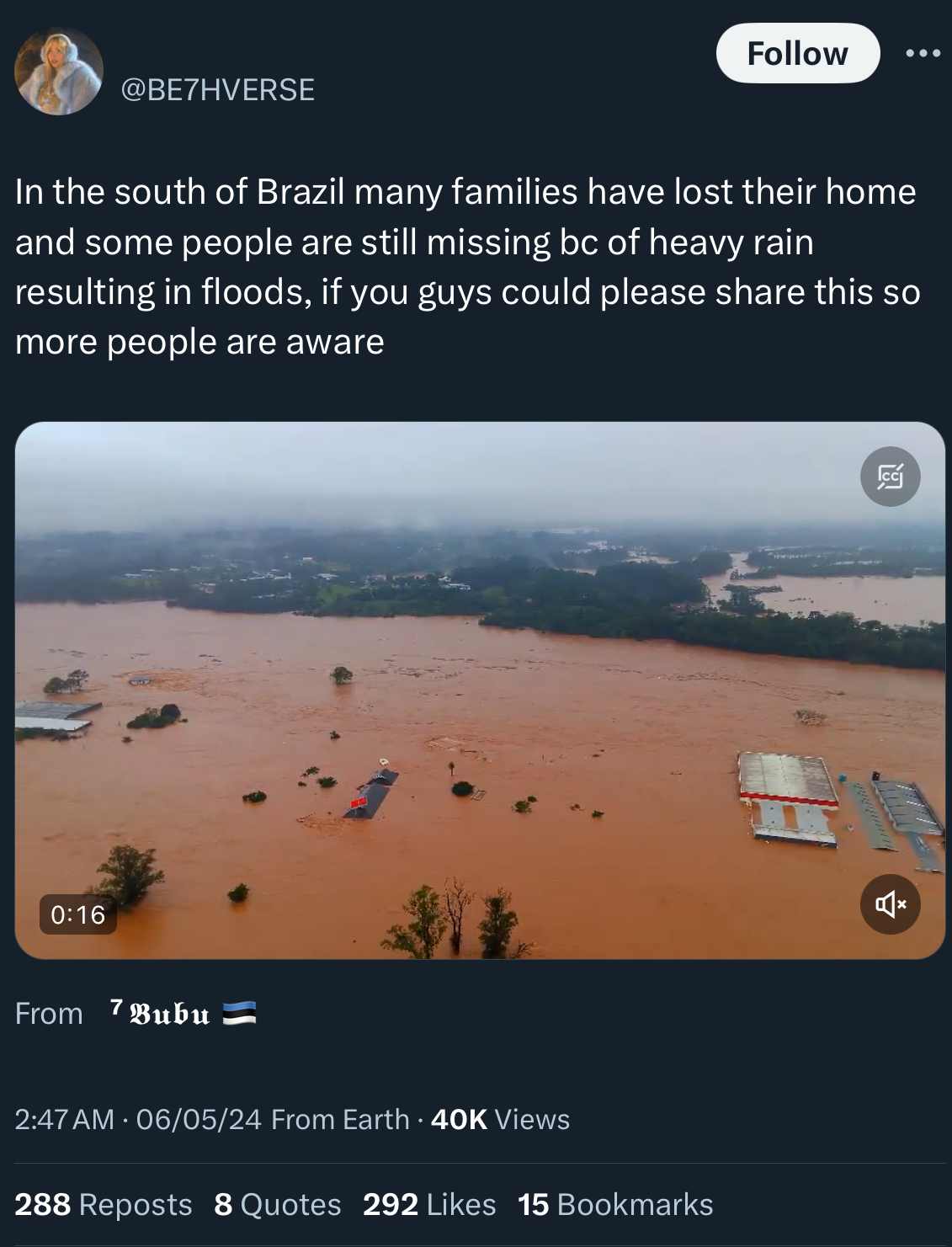
Response Around the World
People around the world have shown their support for Brazil. Help and support requests are coming in from a variety of sources and groups. This partnership between countries will be very important in helping Brazil get better.
Focus on People: Stories of Resilience and the Costs to People
Aside from the numbers, the storms have caused a huge number of deaths. People have lost friends and family, houses, and ways to make a living. The mental damage is just as bad. This section will recount the tales of individuals and families impacted by the storms, demonstrating their unwavering determination and resilience.
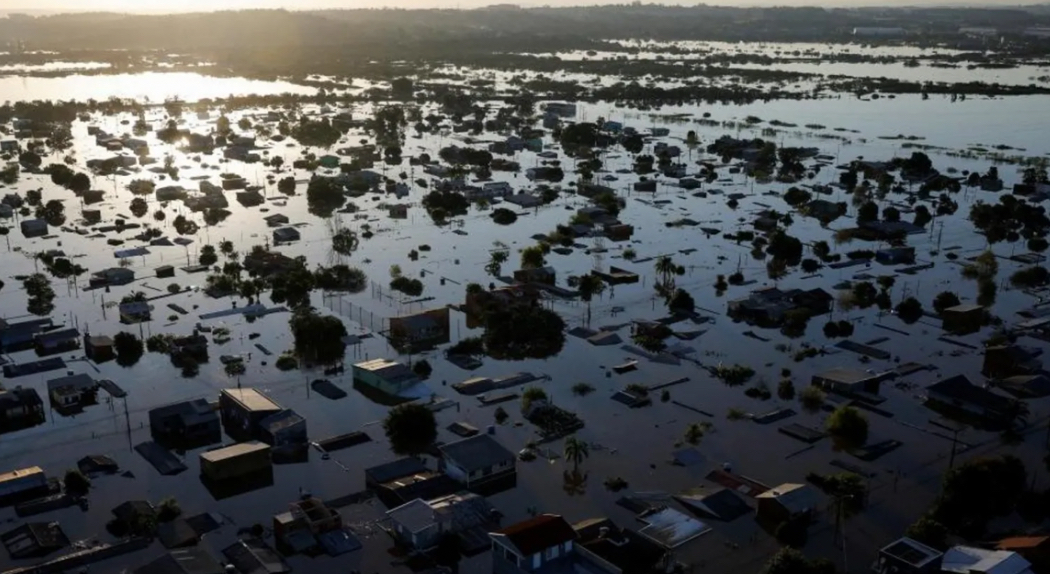
Effects on the Environment
The floods did a lot of damage to the earth. Floodwaters that are dirty are bad for both the water and people's health. Damage to farmland and wildlife areas will have effects on the environment for a long time. Taking care of these environmental issues will be a key part of the rebuilding process.
Effects on the Economy
The rains have had a big effect on the economy. The destruction of businesses and facilities will result in significant financial losses. In addition, problems with transportation and farming will put even more pressure on the economy. It will be very important to figure out the full effects on the economy and take steps to speed up the rebound.
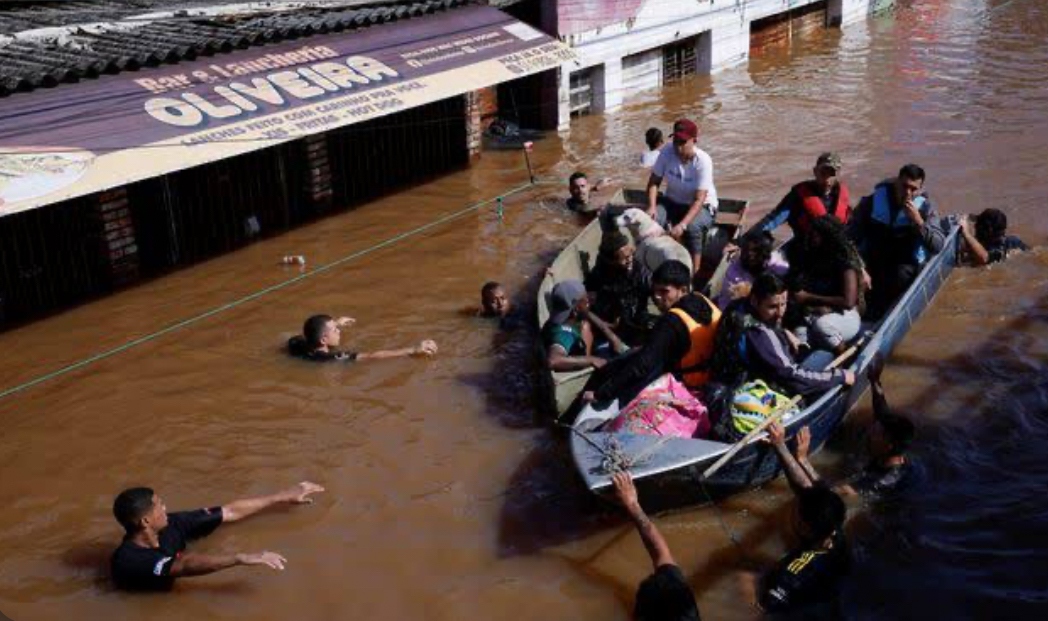
Moving Forward
The floods in Rio Grande do Sul are a stark warning of how vulnerable people are to big weather events. It makes it clear how important it is to act quickly on climate change and disaster preparation.
- Investing in early warning systems: Early warning and advanced weather forecasting systems can save lives by allowing people to leave quickly.
- Making infrastructure more resilient: The infrastructure we're building needs to be able to handle extreme weather.
- Promoting safe city growth: To lower the risk of flooding, urban planning needs to think about drainage systems and green areas.
- Putting money into stopping deforestation: Protecting existing forests and encouraging reforestation are very important for lowering the risk of flooding in the long run.
As an end,
The floods in Rio Grande do Sul underscore the criticality of international collaboration in providing aid and relief to those affected. While humanitarian aid groups are stepping in to provide crucial supplies, the affected individuals still require donations and volunteer support to alleviate their suffering. It will be hard to get back on your feet, but if everyone works together, the area can rebuild and get better after this natural disaster.
Image Source: Multiple Agencies
Inputs from Agencies
© Copyright 2024. All Rights Reserved Powered by Vygr Media.
























